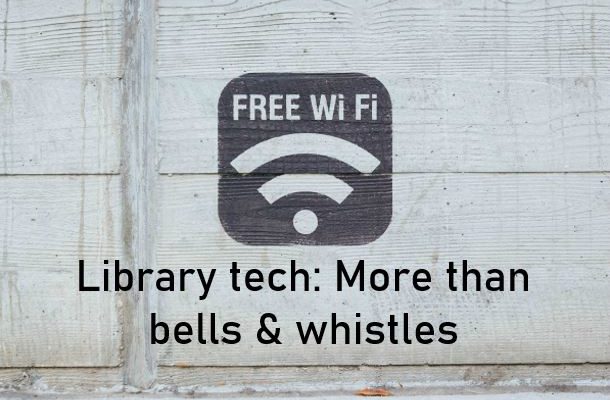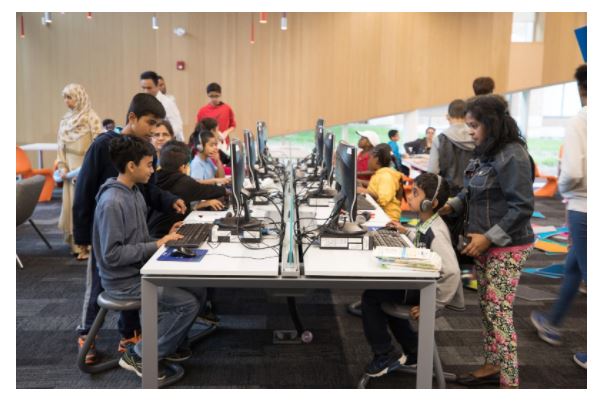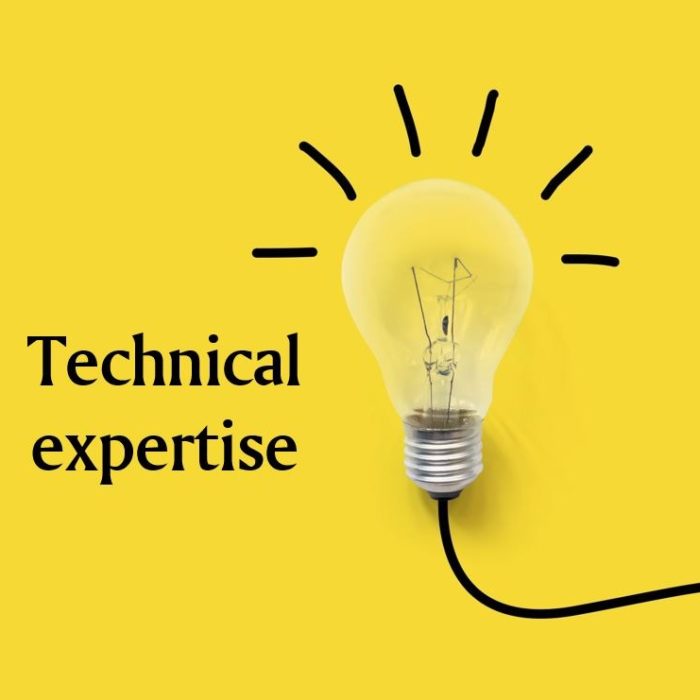In the time of the coronavirus, library workers are having to learn new technologies. A good example of this need to adapt is storytime. I often lead storytimes in my work as a library technician at the Milton Public Library (MPL) and I’ve found by learning to “slide” (i.e., use slides) as part of my storytimes. I’ve not only improved my interactions with children and parents, I’ve also become more comfortable with adapting to new ways of doing my work.

Library tech services are crucial to social well-being during a pandemic
This article is the first of two installments of a series from the Ontario Library and Information Technology Association (OLITA). This series discusses the significance of access to technology during a public health crisis, and why it’s important to increase our efforts to advance digital equity. Part I addresses the role that public library services play in ensuring equitable access to technology, including the internet.
Part II will discuss the importance of capturing the social and economic value of services such as the Toronto Public Library Bridge Project through data and analytical systems.
“A computer with a good internet connection, communication apps and
entertainment are the only tech we really need, ever.”
Brian Chen, The New York Times, April 2020
Early on in the pandemic lockdown, The New York Times author Brian Chen shared a list of consumer technologies that he thinks identifies the “tech that we truly need”. This list, which appeared in Chen’s article entitled The Virus Revealed Our Essential Tech (and Weeded Out the Excess), is by no means a surprise to anyone familiar with public library work. In fact, Chen’s list is really a reflection of the core technologies that libraries offer: internet connection, computing devices, communication tools and entertainment. In a time where online connectivity is exceeding the demand for in-person services, the gap between those who have access to technology and those that do not has intensified in importance. Outcomes that are integral to survival: jobs, civic and social well-being depend much more greatly on these technologies. It’s through the use of these technologies that benefits can be reached.
Libraries have been measuring the disparity between the haves and have nots even before the pandemic hit. Nordicity Consulting, in collaboration with the Toronto Public Library, recently conducted a study called, Meaningful Access: How Bridge Helps Reposition the Public Library as a Crucial Technology Enabler (release 2020). It revealed that core services such as internet connectivity and access to computing devices are particularly crucial to our most vulnerable populations; those people who do not have an alternate means of access.
50 Ontario public library systems varying in size, geography and demographic composition participated in the study. Library systems implemented customer surveys to better understand the reasons for using technology services at the library.

Results show that:
- 53% of respondents reported that the library was their only point of access to the technology that they used. This figure was nearly 10% greater for respondents who identified as being older than 65, and it was equally as high for low-income populations.
- 80% of respondents indicated at least some increase in their level of digital comfort after receiving technology services and support at the library. These results were particularly greater for respondents identifying as being New to Canada.
Public libraries are crucial to bridging the digital inequities that exist particularly among our most vulnerable populations. By providing access to technology and the support to use it effectively, opportunities are presented to increase social, economic and civic well-being. In a crisis state, it is these community outcomes that are most at risk. It is important that public libraries continue to demonstrate the value of these services to safeguard the opportunities technology brings to all.
Feature photo by Paul Hanaoka on Unsplash
Toronto Public Library photo George Panayotou, Albion Branch (TPL)
Jorge Rivera is the project leader for the widespread adoption of the Toronto Public Library Bridge project. His key role is to develop the Bridge Toolkit to meet the needs of public libraries in Ontario and to make progress towards the project’s vision.
